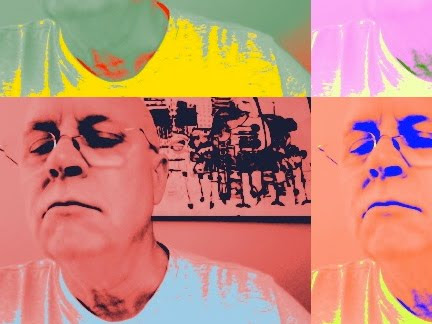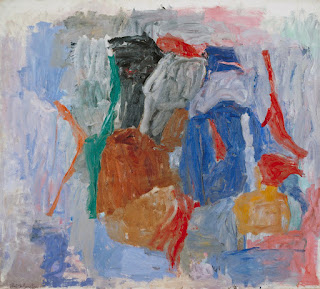From: Al Franken <heythere@alfranken.com>
Date: April 25, 2019
Dear Friends,
I’ve been working on a project that I’d like your help with: providing books for a school library on an Indian reservation in northern Minnesota. The school is the brand-new Bug-O-Nay-Ge-Shig School at the Leech Lake Reservation.
You can learn all about the school and how you can help on my new website, AlFranken.com.
For years as a member of the Senate Indian Affairs Committee, I fought for funding to replace the old, disgracefully dilapidated and unsafe physical plant. There were rodents, sewage back-up, and the walls and roof leaked so badly that students wrapped themselves in blankets over their coats in the cold northern Minnesota winters. As one of the students told me, “It was as if the federal government was telling us we weren’t worth anything.”
When I first toured the old school years ago, I was particularly struck with the school’s library. It was in a room the size of a closet and contained two small bookshelves. I toured the new school this past August when I spoke at the ribbon cutting. It’s an impressive structure, with geothermal heating, spacious classrooms, and video conferencing technology. The library has the capacity for up to 20,000 books! And that’s why the library will serve the entire community, from preschoolers to the tribal elders and everyone in between.
We want all kinds of books. Classics that every child in America should read, from Dr. Seuss to Mark Twain. I also wanted the library to have a meaningful collection of books about the history and culture of Native People. There is a very special person at the Bug-O-Nay-Ge-Shig School working with me - Laurie Jo Villwock, the school’s librarian. With the help of Native authors, educators, and librarians, Laurie has been pulling together literature and non-fiction about the American Indian experience. I also reached out to tribes around the country, and, so far, we have received more than a hundred books about Native history and culture.
There is a link to the list on the website, and we have a format that makes it easy – like a wedding registry. You can donate one or more of the books on the list. Click to find a book that you love and want a student to discover. And if your favorite book has already been chosen, click on another. Or, if you REALLY want to share a particular books and don’t see it on the list, email Laurie.
This email is going to a lot of people, so there’s a chance that when you click on the list, all or almost all, of the books will already have been donated. And if you have a problem selecting, please try again, because the school librarian will be updating the list throughout the school year.
If you would prefer to make a financial donation to the school, you can also do that through my website.
Al
© 2019 Alan Franken, Inc., All rights reserved.
You are receiving this email because you opted in to Al Franken for Senate or Midwest Values Pac or related political committees.
Our mailing address is:
Alan Franken, Inc.
P.O. Box 583052
Minneapolis, MN 55458
Add us to your address book






